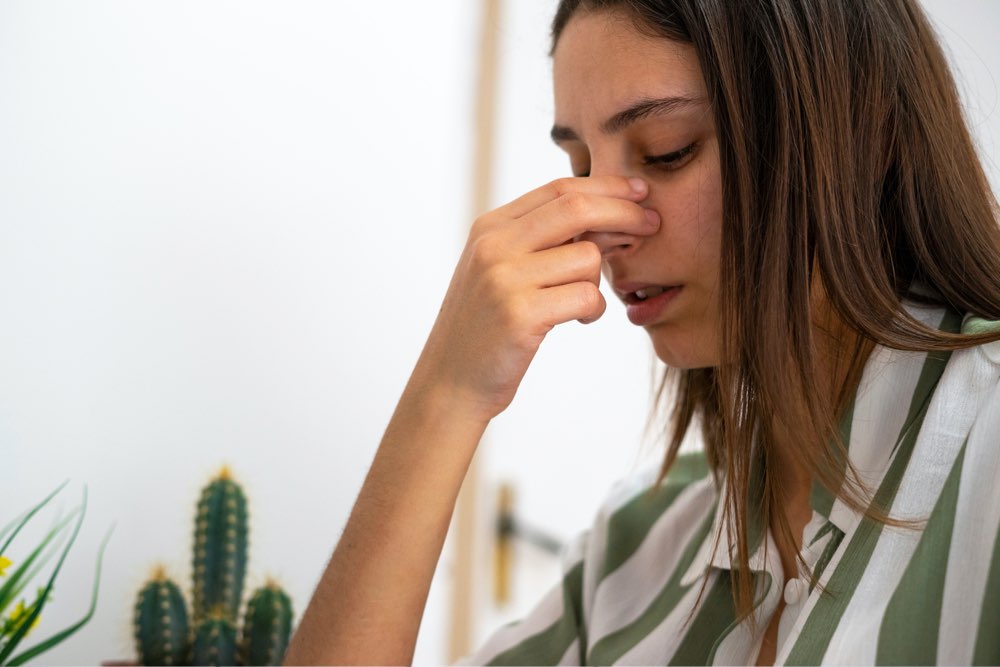Comprehensive Guide to Nasal Polyps: Causes, Symptoms, and Treatment Strategies
This article offers a detailed overview of nasal polyps, covering their causes, symptoms, and treatment options. It emphasizes non-invasive treatments like nasal steroids and highlights surgical interventions for persistent cases. Understand how to identify and manage this common condition effectively for better nasal health.

Comprehensive Guide to Nasal Polyps: Causes, Symptoms, and Treatment Strategies
Nasal polyps are non-cancerous growths that develop on the mucous membranes inside the nose and sinuses. These soft, teardrop-shaped formations can block airflow and often hang from the nasal tissues. Chronic sinus inflammation and ongoing irritation are common factors behind their development, although the exact cause remains uncertain. Most cases can be managed with medication, and minor surgical procedures may be necessary for long-term relief. Read on for key information about nasal polyps.
What causes nasal polyps?
The primary cause is persistent inflammation of the sinus lining, known as chronic rhinosinusitis. When this inflammation lasts over 12 weeks, it is classified as chronic. Abnormal immune responses and issues with the mucus membranes can also contribute, though the precise trigger is not fully known.
Typical symptoms of nasal polyps include:
Breathing difficulties and reduced sense of smell, often accompanied by nasal blockages and pressure around the face.
Ongoing nasal congestion with mucus dripping into the throat, termed postnasal drip.
Difficulty breathing through the mouth, which may lead to sleep issues like sleep apnea.
Additional symptoms such as coughing, facial pain, headaches, and itchy eyes, especially if sinus infections occur concurrently.
Available treatment options for nasal polyps
The treatment plan depends on the severity and may include medications or surgery if necessary.
Medications
Nasal corticosteroids are commonly prescribed to reduce inflammation and help shrink polyps, relieving nasal congestion and improving airflow. For allergy-related symptoms, decongestants and antihistamines can also be beneficial.
Surgical procedures
If polyps are large or resistant to medication, endoscopic surgery is often performed. During this procedure, surgeons remove the polyps to restore normal nasal drainage, enhance breathing, and improve sinus health.


